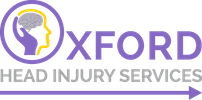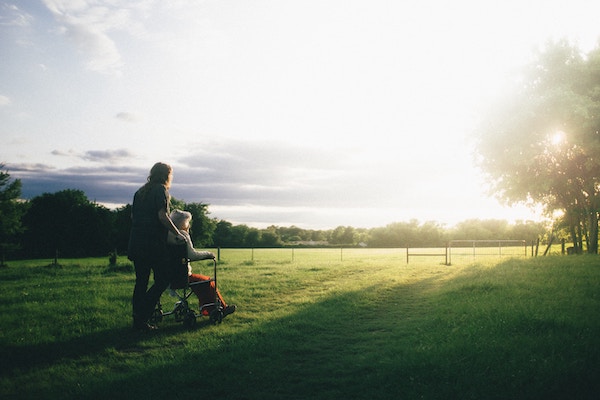A stroke can drastically alter a person’s life, presenting a multitude of challenges during the recovery process. The aftermath of a stroke brings unique obstacles.
In this blog post, we delve into the common challenges individuals face after a stroke:
- Physical Limitations and Rehabilitation – Immediate physical limitations are often experienced following a stroke, such as weakness or paralysis on one side of the body, balance and coordination issues, and fine motor skill difficulties. Physical rehabilitation plays a crucial role in recovery, involving exercises, occupational therapy, and assistive devices to regain strength, mobility, and retrain affected muscles.
- Communication and Language Difficulties – Stroke can disrupt language and communication centres in the brain, resulting in aphasia—an impairment affecting speech, understanding, reading, and writing. Expressing thoughts and engaging in conversations become challenging. Speech therapy and alternative communication techniques like gestures, writing, or augmentative and alternative communication (AAC) devices aid individuals in reclaiming effective communication abilities.
- Cognitive Challenges and Memory Impairment – Cognitive challenges, including memory loss, attention deficits, concentration difficulties, and problem-solving issues, are common after a stroke. These impairments impact daily activities, work, and relationships. Cognitive rehabilitation programs encompass memory exercises, attention training, and cognitive strategies to help individuals regain and improve cognitive function, enhancing overall quality of life.
- Emotional and Psychological Impact – The emotional and psychological impact of a stroke should not be underestimated. Post-stroke depression, anxiety, frustration, and a sense of loss are common. Adjusting to changes and facing new limitations can be emotionally challenging. Seeking support from mental health professionals, engaging in counselling, and participating in support groups provide spaces for expression, encouragement, and coping strategies.
- Social and Lifestyle Adjustments – Reintegrating into social activities and daily life following a stroke may require adjustments. Physical and cognitive limitations can hinder participation in hobbies, work, and social events. Building a strong support network, exploring adaptive techniques and assistive technologies, and engaging in stroke-specific community programs aid in fostering a sense of belonging and reintegration.
Recovering from a stroke entails navigating a range of challenges that demand resilience and determination. Embracing physical rehabilitation, seeking professional support, and establishing a strong support network empower individuals to overcome these hurdles and achieve a fulfilling life after a stroke. Remember, with time, patience, and a positive mindset, remarkable progress can be made on the journey to stroke recovery.
If we can help, with our services or maybe signposting you to other support, then please get in touch.

